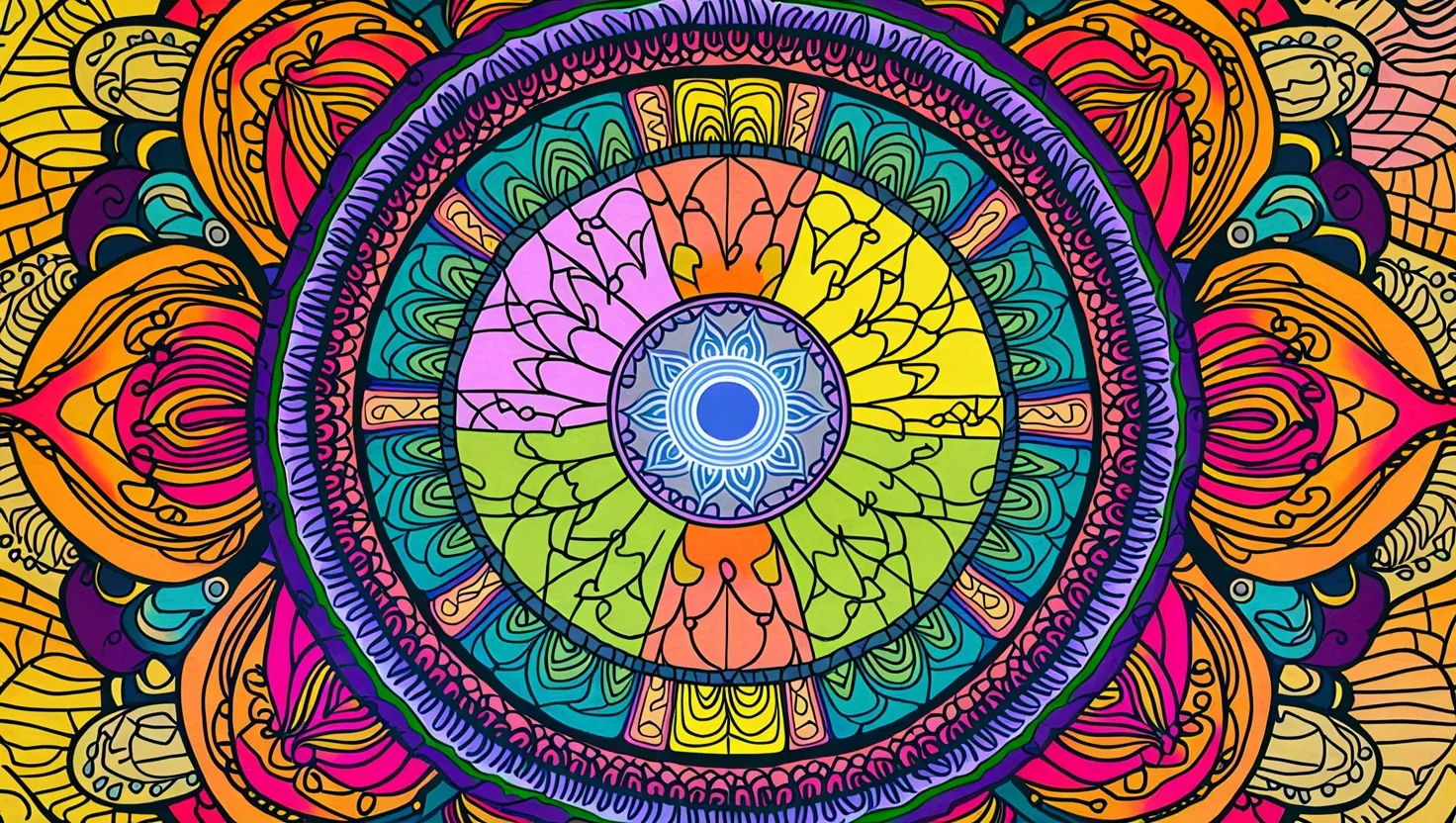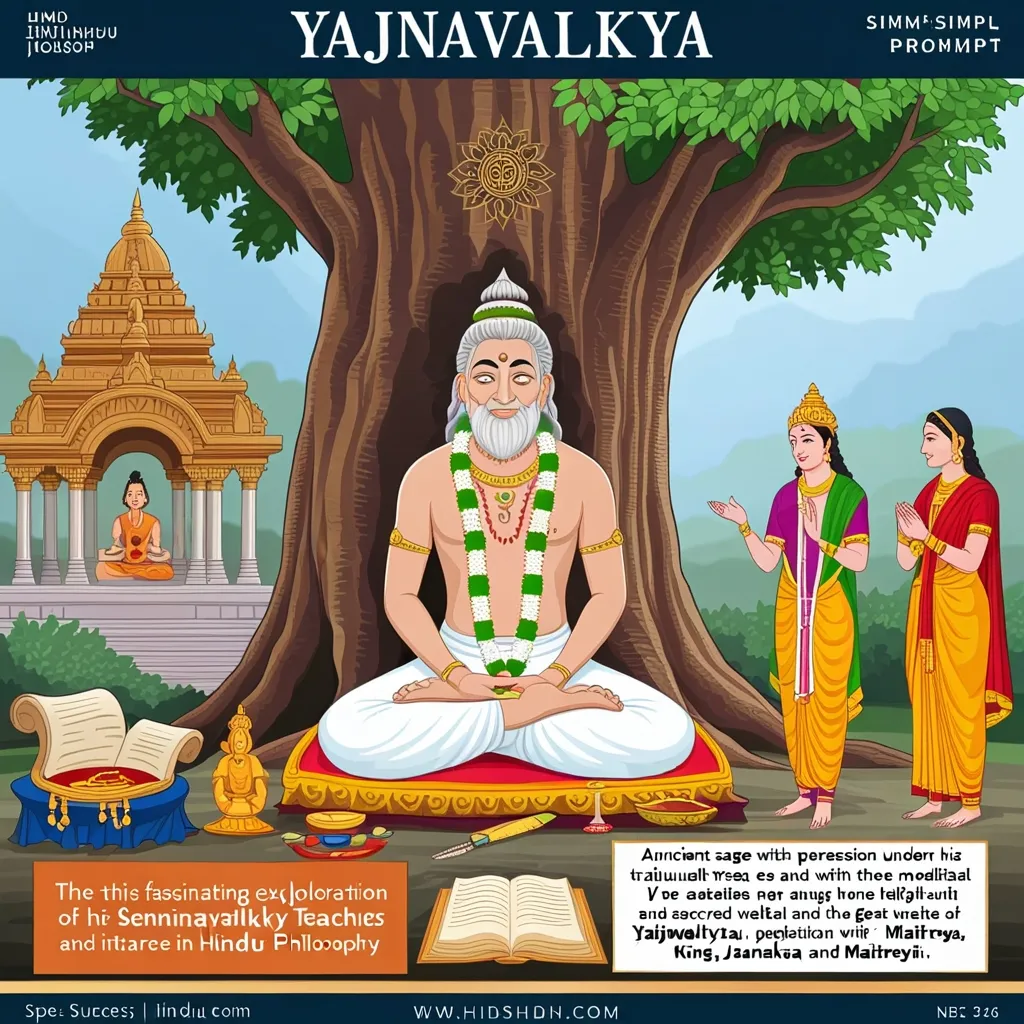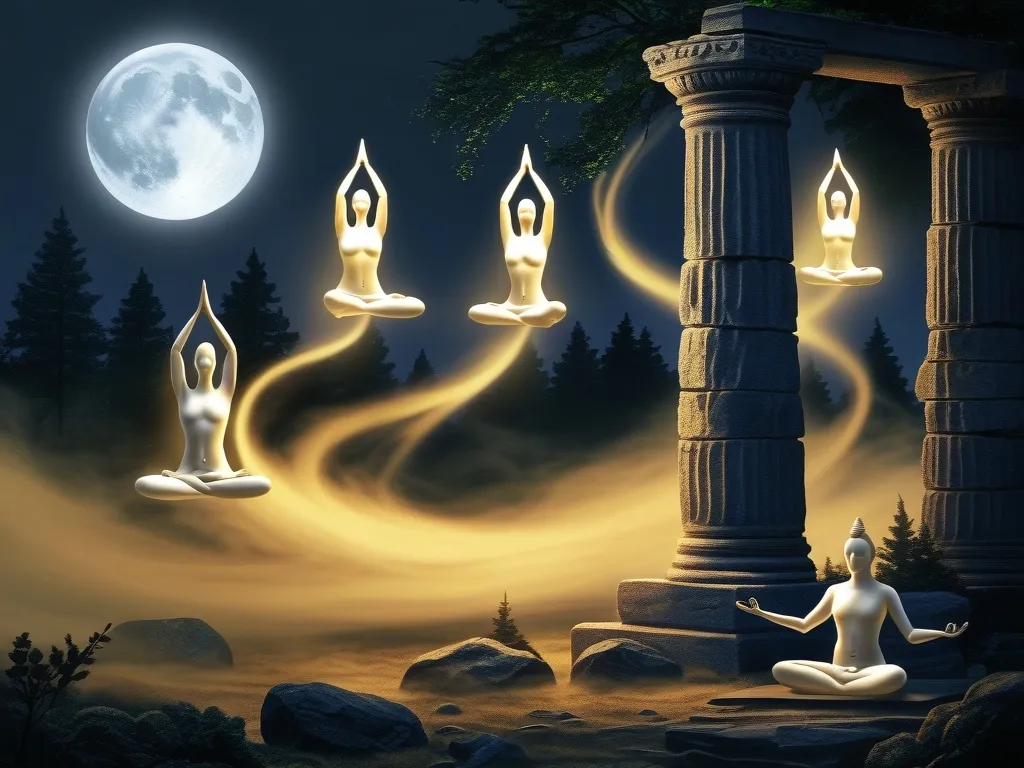The Upanishads, ancient texts diving deep into Hindu philosophy, bring a fresh perspective to the end of the Vedic scriptures—the oldest of Hinduism. They popped up during a time when Indian religious thought was evolving, shifting away from rituals to more profound, philosophical ideas. It’s like moving from doing chores to pondering life’s big questions.
Dating back to between 800 BCE and 500 BCE, this era saw folks slowly drifting from heavy-duty rituals and sacrifices led by priests. Rituals were the big thing in Vedic religion, but times were changing, and people wanted more than just ticking off ritualistic checkboxes. They craved deeper, more meaningful spiritual insights.
Followers of Hindu priests and ascetics penned the Upanishads, seeking to understand the ever-changing world around them. Initially, these texts weren’t the talk of the town but eventually became big hits, influencing various Hindu philosophical schools.
One buzzword in the Upanishads is Brahman, the ultimate reality, the source of everything. You’ll often see it linked with Atman, the individual soul. Unraveling the mystery between Brahman and Atman is a recurring theme, symbolizing a quest for self-discovery and enlightenment.
The Upanishads also lay down ideas like samsara, karma, and moksha. Samsara is the never-ending cycle of death and rebirth. Karma’s all about every action having a reaction, shaping future lives. Moksha is the jackpot—escaping this cycle through enlightenment. These concepts left their mark not just on Hinduism but also on Jainism and Buddhism.
The texts aren’t one big book but a collection of over 200 writings. The first dozen or so are the grandmasters, called the principal Upanishads. These were passed down orally for ages, showing their crucial role in Hindu traditions.
Interestingly, the Upanishads didn’t just stay in India; they crossed borders and influenced Western thinkers too. Writers like T.S. Eliot and the Beat Generation’s Jack Kerouac felt their impact, proving the universal charm and deep insights of these age-old texts.
In a nutshell, the Upanishads emerged during a transformative period in Indian religion, steering away from rituals to philosophical musings. They brought forward key concepts like Brahman, Atman, samsara, karma, and moksha, shaping Hindu thought and beyond. Their influence stretches across the globe, highlighting their timeless wisdom and profound relevance.






